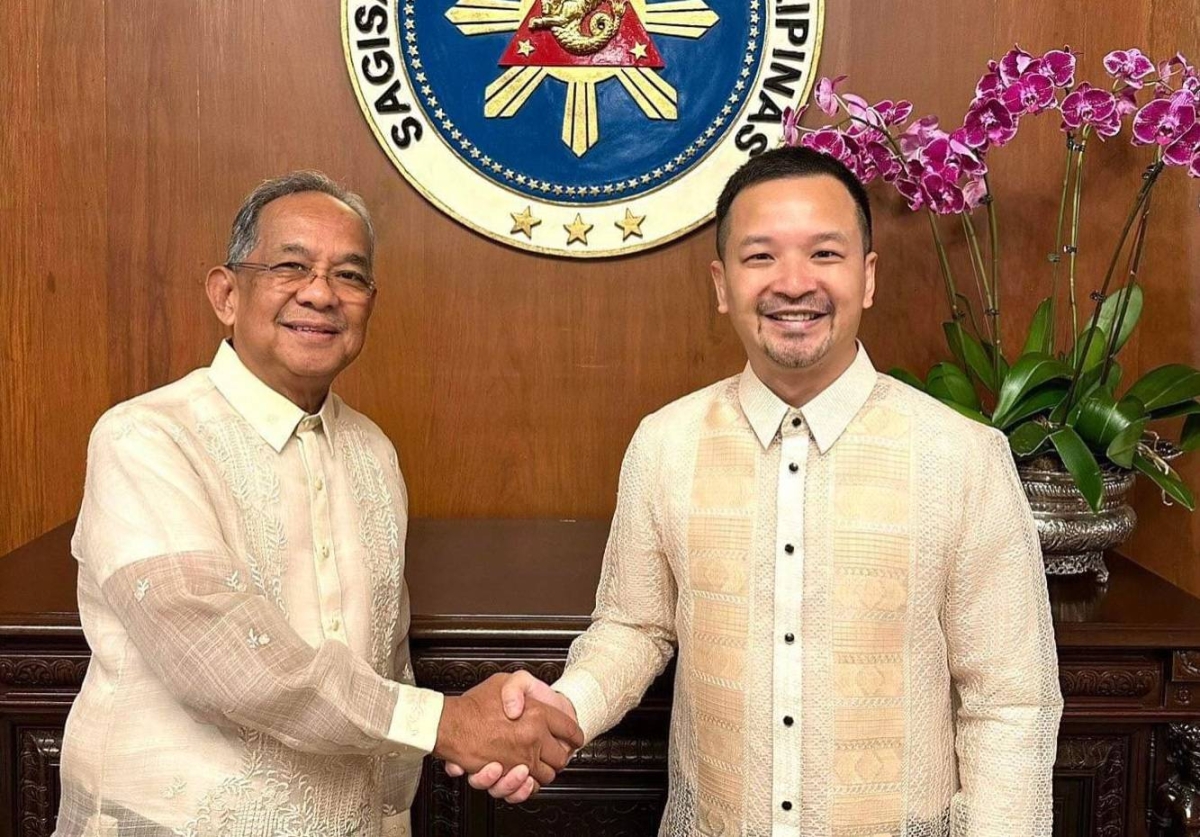On Friday, January 12, 2024, the Subic Bay Metropolitan Authority (SBMA) witnessed a significant change in its leadership. Jonathan Tan, the former chairman and administrator, officially announced his resignation after serving a relatively short tenure of eight months. In his place, a local businessman named Eduardo Aliño was appointed as his successor.
The oath-taking ceremony, signifying the transfer of power, took place at Malacanang, the official residence and workplace of the President of the Philippines. Both Tan and Aliño were present at the event, symbolizing a smooth transition of leadership within the SBMA.
Tan, in his parting message to SBMA employees, described his time at the freeport as “short but valuable.” Although he did not disclose the specific reason for his resignation, Tan expressed gratitude for the opportunity to serve the agency and conveyed fond memories of his time working with the dedicated employees.
It is worth noting that prior to his appointment at the SBMA, Tan had served as the mayor of Pandan town in Antique province. His background in local governance may have contributed to his understanding of the challenges and opportunities faced by the SBMA.
Interestingly, on the same day as his resignation, Tan was appointed as an undersecretary of the Department of the Interior and Local Government. This further highlights his experience and expertise in the field, as he assumes a new role within the government administration.
The leadership change at the SBMA raises questions about the reasons behind Tan’s relatively short tenure. While speculations may arise, it is important to respect the privacy of individuals involved and refrain from making assumptions without concrete evidence.
Leadership transitions in any organization can bring about both opportunities and challenges. As the SBMA moves forward under the guidance of Eduardo Aliño, it will be interesting to observe how his background as a local businessman influences his approach to managing the freeport.
Aliño’s appointment may signal a shift towards prioritizing economic development and attracting investments to the Subic Bay Freeport. As a local businessman, he may bring a unique perspective and understanding of the needs of the business community, potentially fostering an environment conducive to growth and prosperity.
Moreover, Aliño’s appointment highlights the government’s recognition of the importance of local expertise in driving economic progress. By appointing a local businessman to a key leadership position, the government demonstrates its commitment to harnessing the knowledge and experience of individuals deeply rooted in the local context.
As the SBMA enters this new phase under Aliño’s leadership, it is essential to remember that successful governance requires collaboration and inclusivity. The involvement of stakeholders, including employees, businesses, and the local community, will be crucial in shaping the future of the Subic Bay Freeport.
In conclusion, the recent leadership change at the SBMA signifies a new chapter in the organization’s journey. Jonathan Tan’s resignation and Eduardo Aliño’s appointment offer an opportunity to reflect on the challenges and possibilities ahead. By contextualizing the events within the local context and considering the potential implications, we can gain a deeper understanding of the dynamics at play. As the SBMA moves forward, it is our hope that the new leadership will steer the organization towards continued growth and prosperity.







